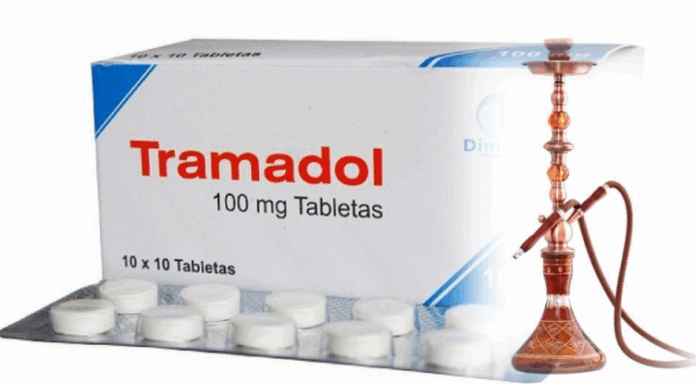
Monrovia, Liberia — A recent directive by the Liberian government banning the sale and use of Shisha and unlicensed Tramadol has ignited widespread debate, exposing deep divisions among political leaders and raising questions about the country’s approach to public health and drug control.
Government Action
The Ministry of Health announced the ban last week, citing escalating health risks and increasing substance abuse among youth. Officials described Shisha—a flavored tobacco product often smoked through water pipes—as a “silent but deadly health hazard,” while unregulated Tramadol, a synthetic opioid, was identified as the most abused drug in the country.
Under the new directive:
Shisha is prohibited in all public and private settings, including bars, clubs, and homes.
Violators face penalties including arrest, license revocation, and confiscation of products.
Tramadol and other controlled substances—such as Morphine, Codeine, Heroin, and Fentanyl—remain banned unless prescribed and dispensed by licensed medical facilities.
The Ministry urged healthcare professionals to adhere strictly to prescription guidelines and warned pharmacies and wholesalers to comply with the moratorium. Community leaders, religious institutions, and law enforcement agencies were also called upon to support awareness and enforcement efforts.
“This moratorium is a vital, non-negotiable step to save lives, safeguard the youth, and uphold national stability,” the Ministry stated.
Political Reactions
The policy has drawn mixed reactions from lawmakers and public figures.
Cllr. J. Fonati Koffa, former Speaker and current Representative for Grand Kru County District #2, criticized the ban as potentially ineffective. He argued that prohibition could fuel a black market and urged the government to target importers and distributors instead of end-users.
“Prohibition in the U.S. failed because it created a black market, empowering criminals rather than solving a problem. Let’s not repeat that mistake,” Koffa said.
Dr. Cllr. Jewel Howard-Taylor, former Vice President, endorsed the ban, emphasizing its importance in protecting Liberia’s youth from long-term health and social consequences.
“These harmful substances are destroying our children,” she stated.
Rep. Bernard DJ Blue Benson of Montserrado County District #17 raised concerns about the economic fallout, questioning whether businesses that legally imported Shisha and paid government duties would be reimbursed.
“What becomes of the stockpile of Shisha inventory ordered by businesses that have paid duty and other imposed taxes?” he asked.
The Ministry of Health has not yet responded to these concerns. Health Minister Dr. Louise M. Kpoto declined to comment when contacted by our reporter.
Broader Implications
The controversy reflects a broader dilemma facing Liberia: whether to combat substance abuse through strict prohibition or targeted regulation. While health officials maintain that the ban is essential to protect public welfare, critics warn that without robust enforcement and alternative strategies, the policy could lead to unintended consequences—including black market growth, economic losses, and increased pressure on the justice system.





















